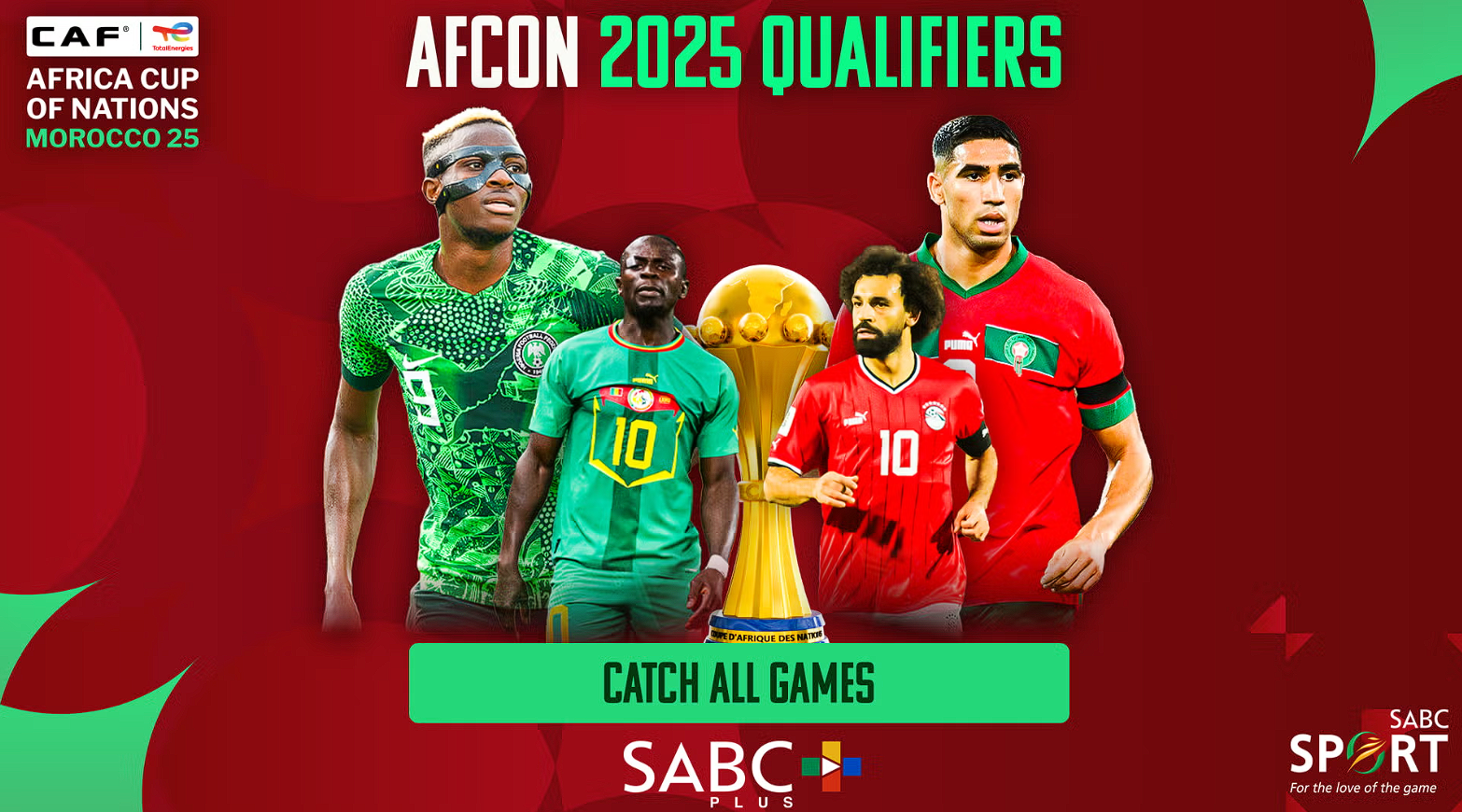Introduction
The Africa Cup of Nations (AFCON) is Africa’s premier football tournament, showcasing the continent’s top talent and fostering national pride. The 2025 edition, initially slated to be hosted by Guinea, underwent significant changes, with Morocco ultimately being selected as the host nation.
Kenya’s Football Administration Woes
Kenya, a nation with a deep passion for football, has faced numerous challenges in its quest to make a mark on the continental stage. The country’s football administration has been marred by allegations of corruption, mismanagement, and political interference, leading to suspensions and missed opportunities. In February 2022, Kenya was banned from world football due to governmental interference after the sports ministry disbanded the Football Kenya Federation (FKF) over alleged misappropriation of funds. This suspension resulted in Kenya being barred from the qualifiers for the 2023 AFCON.
Ambitions to Host Major Tournaments
Despite these setbacks, the Kenyan government has shown a commitment to hosting major football tournaments. In December 2024, a multi-agency team was appointed to oversee preparations for co-hosting the 2024 African Nations Championship (CHAN) and the 2027 AFCON alongside Uganda and Tanzania. This initiative aims to develop a comprehensive roadmap, oversee budget preparation, and ensure the renovation of stadiums to meet Confederation of African Football (CAF) standards.
Challenges in Hosting Rights
However, Kenya’s ambitions have been met with challenges. The country lost its hosting rights for the 2025 CHAN to Rwanda, raising concerns about its preparedness and organizational capabilities.
On-Field Performance and Qualifying Disappointments
On the field, the Harambee Stars’ performance in the 2025 AFCON qualifiers was disappointing. A draw against Namibia ended Kenya’s hopes of qualifying for the tournament. Critics have pointed to systemic issues within the country’s football development programs, lack of proper infrastructure, and inadequate preparation as contributing factors to the team’s underperformance.
Internal Disputes and Governance Issues
The situation is further complicated by internal disputes within the FKF. Court orders suspending the federation’s annual general meetings and challenges to the legality of elections have created an environment of uncertainty. FIFA has warned against governmental interference, emphasizing that such actions could lead to further suspensions, thereby affecting Kenya’s participation in future international competitions.
Conclusion
In conclusion, while Kenya harbors aspirations of elevating its status in African football, a series of administrative challenges, infrastructural deficiencies, and on-field underperformances have hindered progress. Addressing these issues requires a concerted effort from all stakeholders to implement structural reforms, invest in grassroots development, and ensure transparent governance within the football administration.
By confronting these challenges head-on, Kenya can aspire to not only host major tournaments but also compete effectively on the continental stage, bringing pride to its passionate football fans.








Leave a Reply